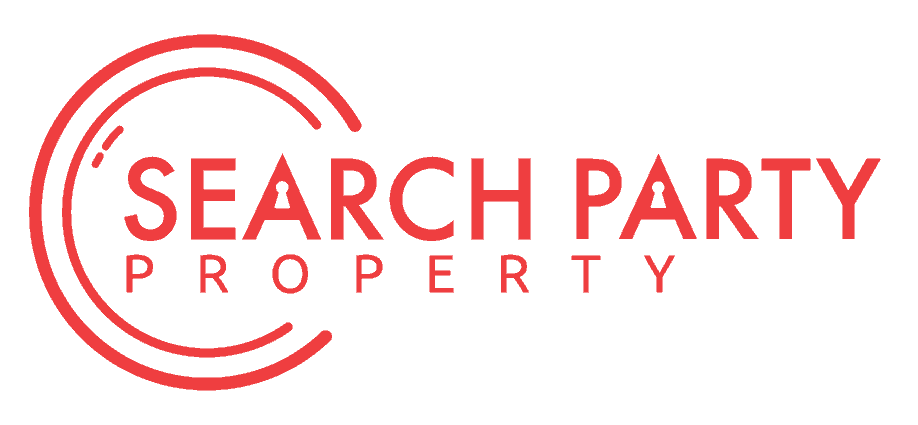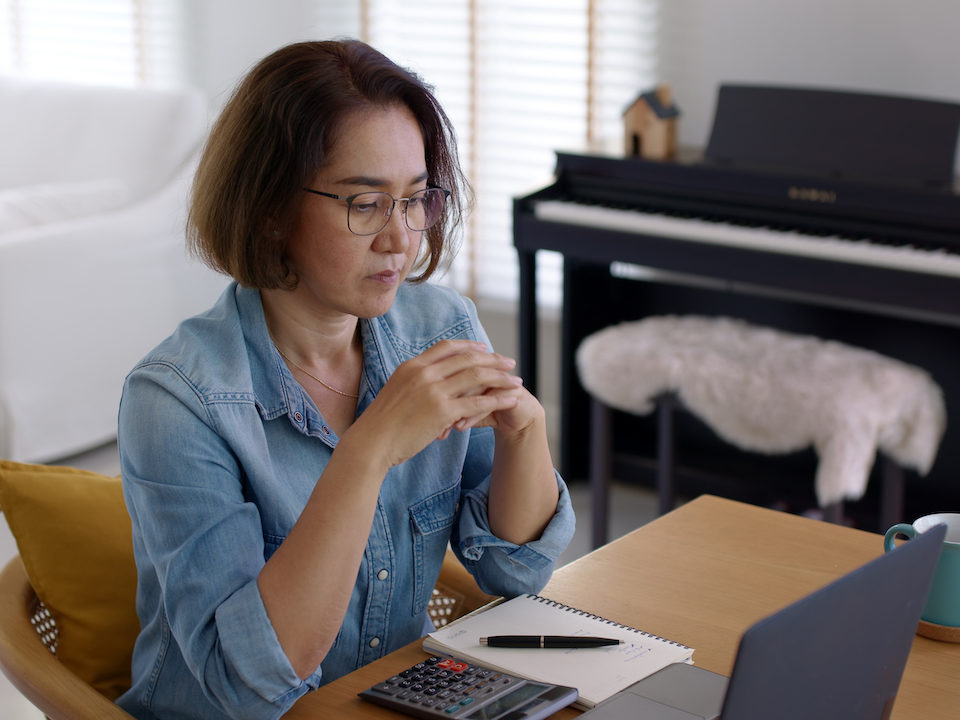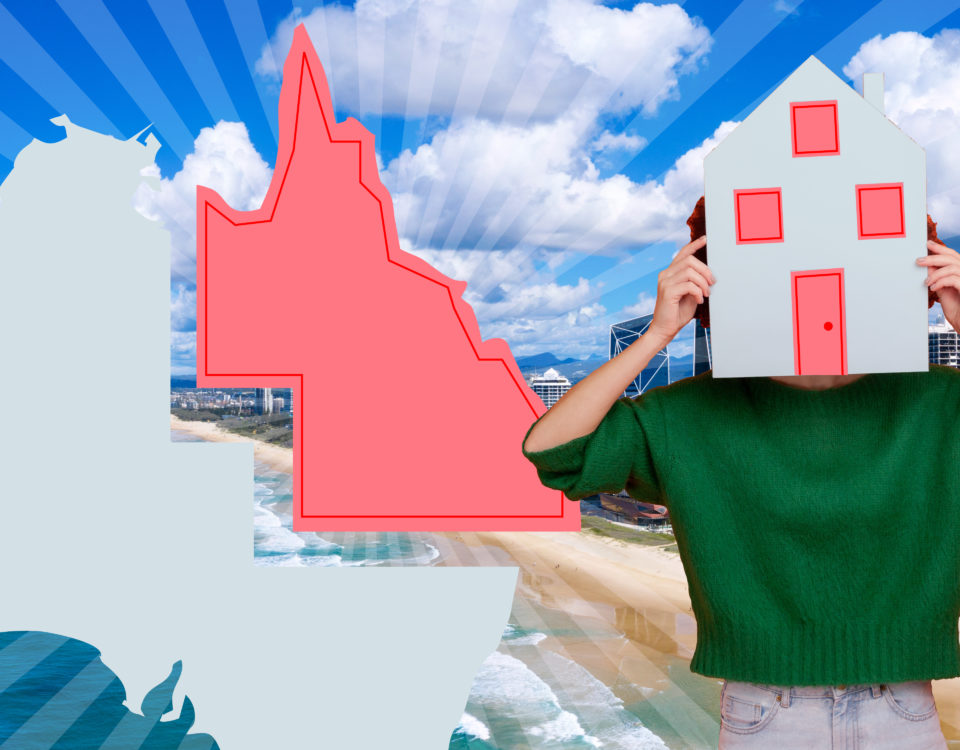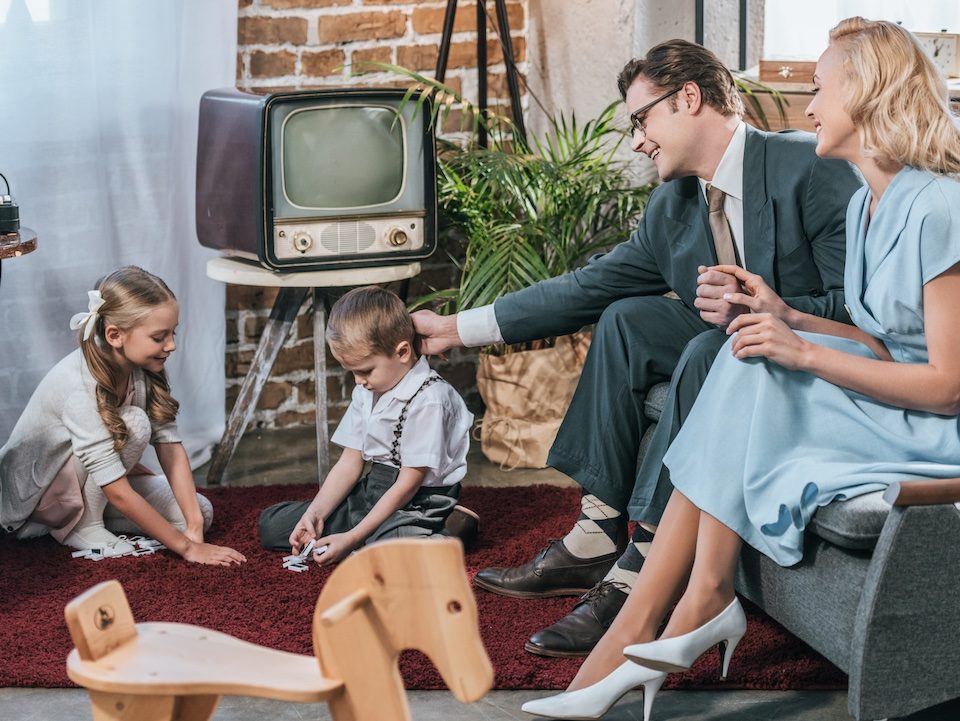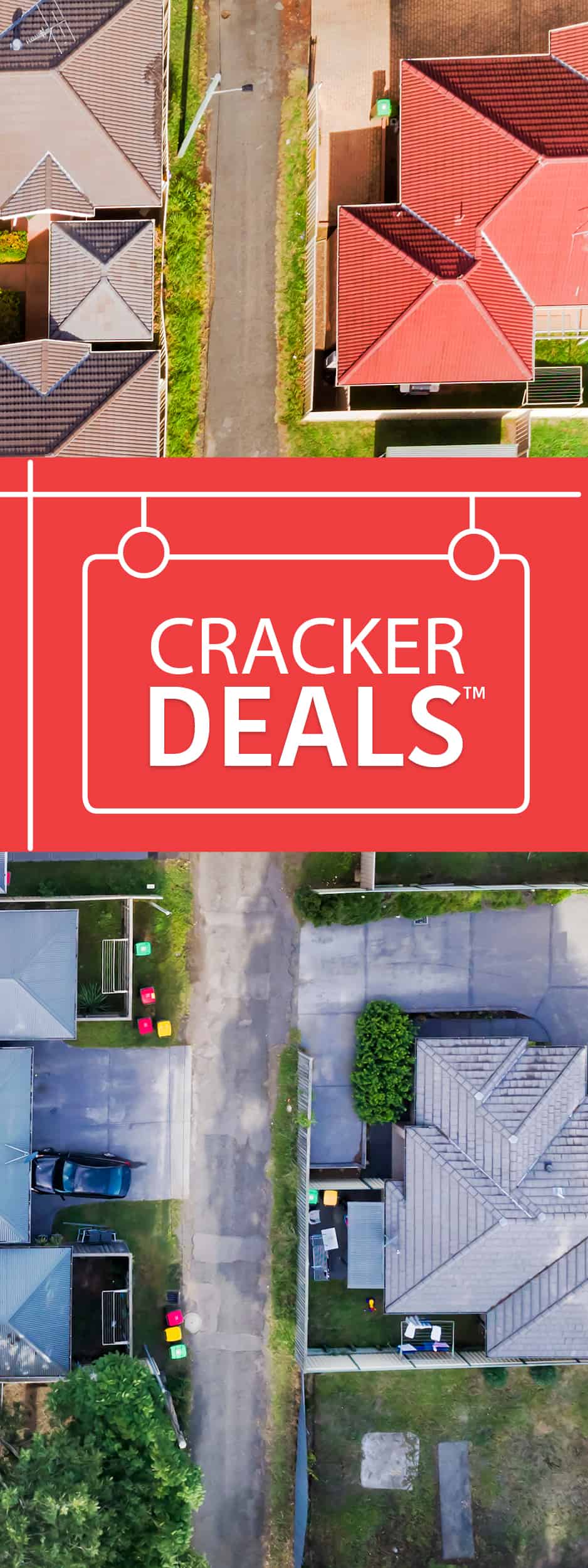- The first step is making the call.
- 1300 022 482
- hello@searchpartyproperty.com.au
Owning vs Renting & Investing in Property – How Much of Your Heart Is in Your Home?

A house is for many a symbol of success. An enduring monument to hard work and dedication. ‘Home’ can become less a question of where but what. For most homeowners their home is the most expensive thing they will ever own, their mortgage will be the most stubborn and ever-present of monthly payments. We invest a lot of ourselves into our homes because they require so much of our time, work and effort. If you’ve ever worked on a long form project, at work or otherwise, it can begin to define you as much as you define it. For so many of us a home can be the longest and most defining project of our lives. It’s where we spend so much of our time, while jobs come and go it may endure, it is where families and memories are made and nurtured.
Owing Vs Renting
Owning vs. renting is, at its very core, the dichotomy of flexibility vs. security, freedom vs. safety. How and where we live has implications for our identity. In common parlance we don’t speak of paleolithic humans, we just say caveman. With regards to our prehistoric ancestors what sticks out to us as a culture most is where they called home. Suffice to say the world has changed somewhat in the last 3.3 million years, and with regards to how we live the formula has seen some pretty drastic changes in the last decade or so. Renting has become more commonplace, and the implications that come with it are perceived with less negativity. Online connectivity and services have helped to nourish the rise of Airbnb, Booking.com and the ways in which we work. Travel and mobility grow easier and more cost effective every year and the age of digital nomads has fully dawned. Graphic designers, marketers, writers, artists and freelancers can enjoy Western wages whilst circumnavigating the globe with lower living costs. Even for those who are less inclined to mobility the concept of home is changing.
Renting has become a more popular
Renting has become a more popular and often a more financially savvy option. In the past renting seemed unstable, impermanent and risky. Rents fluctuate, building owners can sell the property suddenly when markets favour them and years of payments won’t bring you any closer to ownership. The way we consume is changing in tandem with housing, and our cultural conception of ownership has made changes too. DVDs and physical media are on the out. People don’t own books and movies anymore they have kindles and a netflix subscription. The physical and tangible are less relevant in post modernity. GoGet, Rideshare and Uber are chipping away at people’s need to own cars. 3D printing has the potential to completely change industrial production. Property as a whole has become more fluid across society. A home is, functionally speaking, in many ways just a place of storage. Put simply, emotion aside, is home just where all your stuff is? If we’re moving away from an abundance of personal possessions, or at least seeing our possessions move more into the digital space, where does that leave this aspect of home ownership?
It’s hard to escape the sense that the world is a smaller place and that the nuclear family is dead and gone. We can learn from this though, this more creative and open-minded attitude to our possessions can be applied to how we look at property investing, and give confidence to those who are looking to do it for the first time by helping to inspire a more positive and outgoing attitude.
How we Perceive ‘Home‘
While the concept of ‘home’ is certainly changing, I suspect that it will not entirely go the way of the dinosaurs. The nomadic lifestyle is popular with the young; the disaffected and unattached, but the urge to roam is not for everyone, and may not last forever. Building a family often requires stability. It’s harder to scoot around south east Asia on derelict sleeper buses when you’ve got a two year old, and at the end of the day certain careers will always require people to be grounded. The trans-generational gap that has formed is also perhaps not as wide as some suspect. A popular consensus has emerged that millenial’s approaching their mid-twenties have less interest in owning a home. This is true in part, but many members of this generation still know the feeling of a consistent family home from their youth, and may well return to it in later life.
In this brave new world, we must be mindful of our we perceive the ‘home’. When it comes to property investment and savvy buying, an over attachment to our homes can be our undoing. Taking advantage of opportunities, smart investing and acting in the interest of our future often means letting go. It’s important to realise that our memories and emotional lives can be defined by a home, but they don’t have to be shackled to them. The process of selling a house is long and draining, emotionally and physically, and this can deter many from making smart investment decisions. A bad house sale or purchase made emotionally in an unfavourable market can spell ruin, financially and emotionally.
Striking the Balance – Home Ownership vs Expanding your Property Investments
Our idea of ‘home’ is important, and we should cherish that. It can be immensely fulfilling and gratifying to have a place to call our own and build our lives within its walls. Our own little corner of the big wide world can feel very special, but we need to check in with why that is. We can lose sight of what makes home so important, and so often that’s the people we share it with. Becoming overly attached to a four-walled box is a mistake. Reconsidering how we utilise our property has the potential to be immensely rewarding. See that four-walled box as a ticket to your future, a gateway to an ever-expanding and dynamic world of investments and opportunity. It’s a difficult balance to strike, and for many home is an immutable and definite place they hold dear, which is okay. But it doesn’t mean you have miss out on expanding your property investments and how you perceive them. Home can be a feeling, kept close and always, it doesn’t have to be a big concrete ball and chain. Where and how we live is changing, and we as humans change and adapt as much as we retain. As Judy Garland put it so long ago, ‘There’s no place like home’. But that doesn’t mean we should be afraid of seeing what’s down the yellow brick road.
If you would like to talk more about property investing, or anything and everything property, let’s connect.
